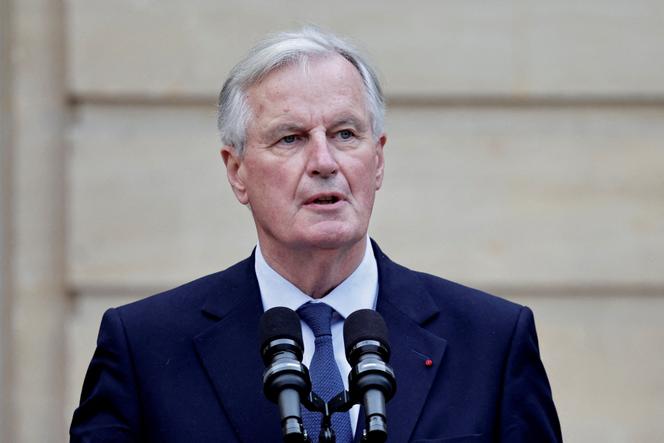


France's new Prime Minister Michel Barnier was Thursday, September 19, to submit a list of minister names to President Emmanuel Macron, his office said, sharply hastening efforts to form a government desperately needed to address budget shortfalls. It was not immediately clear whether the government would be announced immediately after.
Barnier, a conservative and the European Union's former top Brexit negotiator, was appointed earlier this month by Macron to try to breach the impasse. After two weeks of consultations, advisors said earlier Thursday that he was in the "home stretch" of his quest to form a new cabinet. France has been gripped by political deadlock, through the Olympic Games and beyond, since July snap legislative elections left it with a hung parliament.
Key posts are vacant with Finance Minister Bruno Le Maire stepping down after occupying his post since Macron came to power in 2017 and Foreign Minister Stéphane Séjourné tapped by Macron to be France's new EU commissioner.
Gabriel Attal, Barnier's predecessor, told Macron MPs after a meeting at Matignon, the official residence of the prime minister, that Barnier was considering a "parity of government" of 38 ministers, including 16 main ministers. Seeking a difficult balance in the formation of his government, Barnier could appoint seven MPs from Macron's Renaissance party and three from his own right-wing party, Les Républicains, Attal said, according to several participants in a briefing given by the former prime minister.
While he has struggled to find personalities from the left, to whom he has met with several refusals, only one person from the left-wing alliance is allegedly among these full ministers.
The 73-year-old prime minister has faced a raft of challenges since taking office earlier this month. Reports have emerged of a tense lunch between him and Macron on Tuesday, and a second meeting on Wednesday.
A conservative politician, wishing to remain anonymous, said the president had stressed Barnier could not give two top portfolios – such as the finance and interior posts – to right-wing figures, irritating the prime minister. Barnier is struggling to get a left-wing name on board, and he has to seek the approval of the far right, which now holds more seats than ever in parliament.
